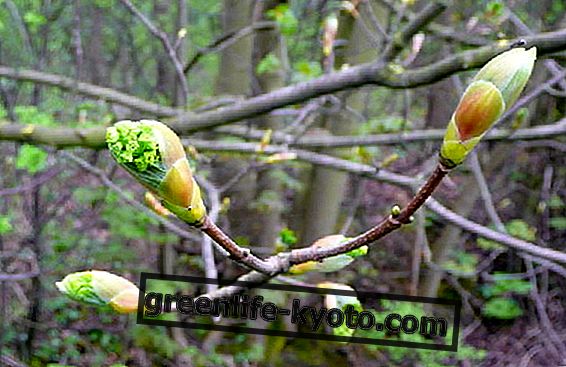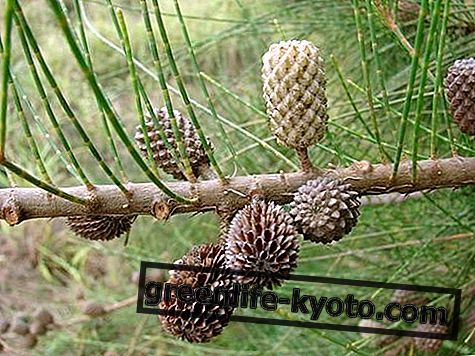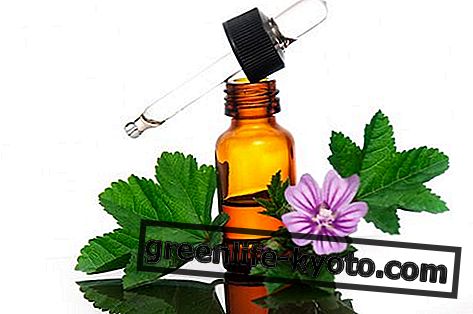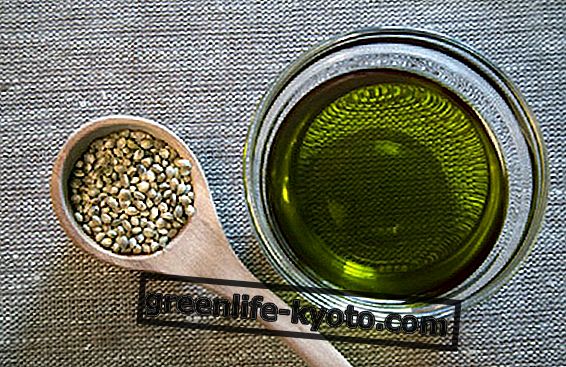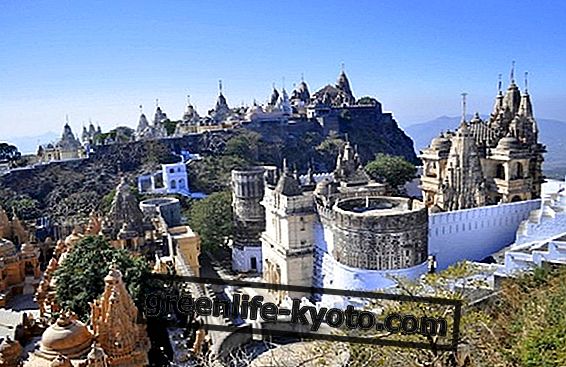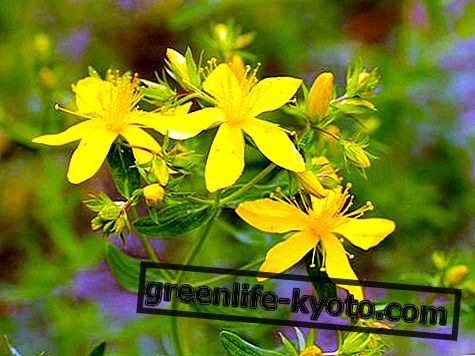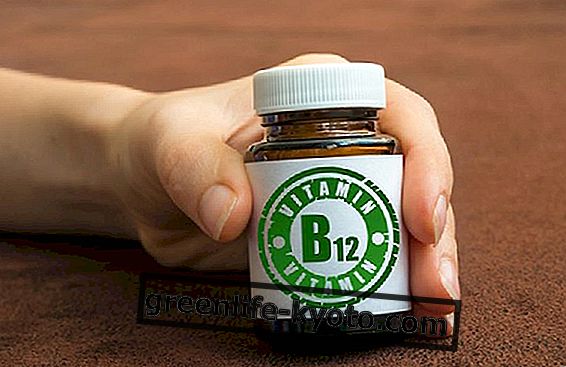
Pitaya and dragon fruit, are they the same thing?
The dragon fruit, also known as pitaya or pitahaya, is a fruit that comes from a plant of the Cactaceae family, little known at our latitudes but which is similar, in some ways, to prickly pear .
Different names therefore, originated from the translations and linguistic transpositions, to indicate the same thing, the same fruit.
In fact, in China, where the pitaya was introduced soon after its discovery, the legend was that it was really a dragon egg, from which "dragon fruit", or that it was produced by the solidification of dragon fire, a kind of "fireball", fire ball.
Pitaya, a "fat palm"
Typical of Central America and of countries such as Mexico, Costa Rica, Nicaragua and Guatemala, the pitaya plant is truly spectacular : a species of palm, whose fat and hanging "branches" can also reach 12 meters in length and, at the end of which we find the precious reddish, violet or yellow fruits, depending on the variety.
The fruits, more or less the size of an egg, have a sweet and fragrant pulp (white or purple), soft and rich in small black seeds, also edible and much smaller than those of the passion fruit or prickly pear.
Much appreciated in the East, dragon fruit has also been successfully imported into Vietnam and Thailand. Let's get to know him better.
What are the properties of the pitaya
Different varieties, therefore, for similarly similar properties: pitaya is an exotic fruit rich in vitamin C, vitamin B1, carotene, protein, phosphorus, magnesium, calcium and fiber . Its small seeds are rich in fatty acids and vitamin E.
It has the properties that make pitaya an appreciated and sought-after superfood, there are precisely those antioxidants, indispensable for slowing the cellular aging process and emollients, excellent for regularizing and lending a lazy intestine.
There is no lack of anti-stress, regenerating and anti-inflammatory properties.
The taste varies slightly, being the yellow one more delicate and insipid, compared to the red and purple, more sweet and succulent, with a flavor that is similar to that of watermelon.
Pitaya antioxidant superfood
Rich in mineral salts, pitaya is really low in calories, therefore excellent in sports diets, regenerating and slimming.
Considered a superfood by the pre-Columbian and Central American peoples, pitaya is counted among the new superfoods in circulation, so much so that we are trying to plant and cultivate it also in Europe and in Italy, in Latina (Freshplaza.it).
If by chance you live in a dry area and you want to try it yourself, here are some pitaya cultivation tips.
The pitaya, in addition to reinvigorating and strengthening the body, is a fruit that helps to counteract stress and the negative action of free radicals .
A friend of the digestive process, pitaya helps to facilitate digestion and expulsion of waste from the body.
According to recent studies, pitaya helps strengthen the body, strengthening the immune system, regulating blood pressure and strengthening bones and teeth. (Food Fact).
